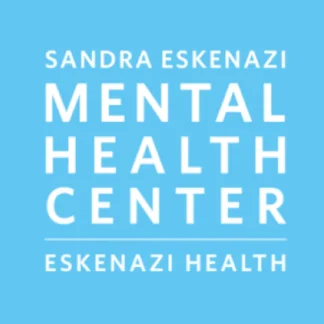Veteran Health Indiana - Richard L. Roudebush VA Medical Center
Richard L. Roudebush VA Medical Center is located in Indianapolis, Indiana. Rich...
Sandra Eskenazi Mental Health Center, Indiana's first community mental health center, provides comprehensive care for all types of emotional and behavioral problems, including severe mental illness and substance abuse. Sandra Eskenazi Mental Health Center offers both inpatient and outpatient services in multiple locations throughout Marion County.
Sandra Eskenazi Mental Health Center’s primary mission is to serve individuals with serious mental illness and chronic addiction and seriously emotionally disturbed children and their families. Patients of all ages are welcomed, from children to seniors, with a philosophy of care that stresses strength-based and family- and community-centered treatment utilizing the Recovery Model of treatment.
Utilizing best practices resulting from ongoing research and medical advancements, care decisions are team-based and emphasize family and client participation. All clients are treated with dignity, confidentiality and respect.
Contact us for more information: (317) 880-0000

Connect with Sandra Eskenazi Mental Health Center by calling their admissions team directly.
(317) 880-0000 Website Get DirectionsGroup therapy is any therapeutic work that happens in a group (not one-on-one). There are a number of different group therapy modalities, including support groups, experiential therapy, psycho-education, and more. Group therapy involves treatment as well as processing interaction between group members.
Trauma therapy addresses traumatic incidents from a client's past that are likely affecting their present-day experience. Trauma is often one of the primary triggers and potential causes of addiction, and can stem from child sexual abuse, domestic violence, having a parent with a mental illness, losing one or both parents at a young age, teenage or adult sexual assault, or any number of other factors. The purpose of trauma therapy is to allow a patient to process trauma and move through and past it, with the help of trained and compassionate mental health professionals.
Trauma therapy addresses traumatic incidents from a client's past that are likely affecting their present-day experience. Trauma is often one of the primary triggers and potential causes of addiction, and can stem from child sexual abuse, domestic violence, having a parent with a mental illness, losing one or both parents at a young age, teenage or adult sexual assault, or any number of other factors. The purpose of trauma therapy is to allow a patient to process trauma and move through and past it, with the help of trained and compassionate mental health professionals.
Richard L. Roudebush VA Medical Center is located in Indianapolis, Indiana. Rich...
Indiana University Health is Indiana’s largest comprehensive health system and i...
Eskenazi Health Center Forest Manor is a public rehab located in Indianapolis, I...
Star Guides Wilderness is a private rehab located in Indianapolis, Indiana. Star...